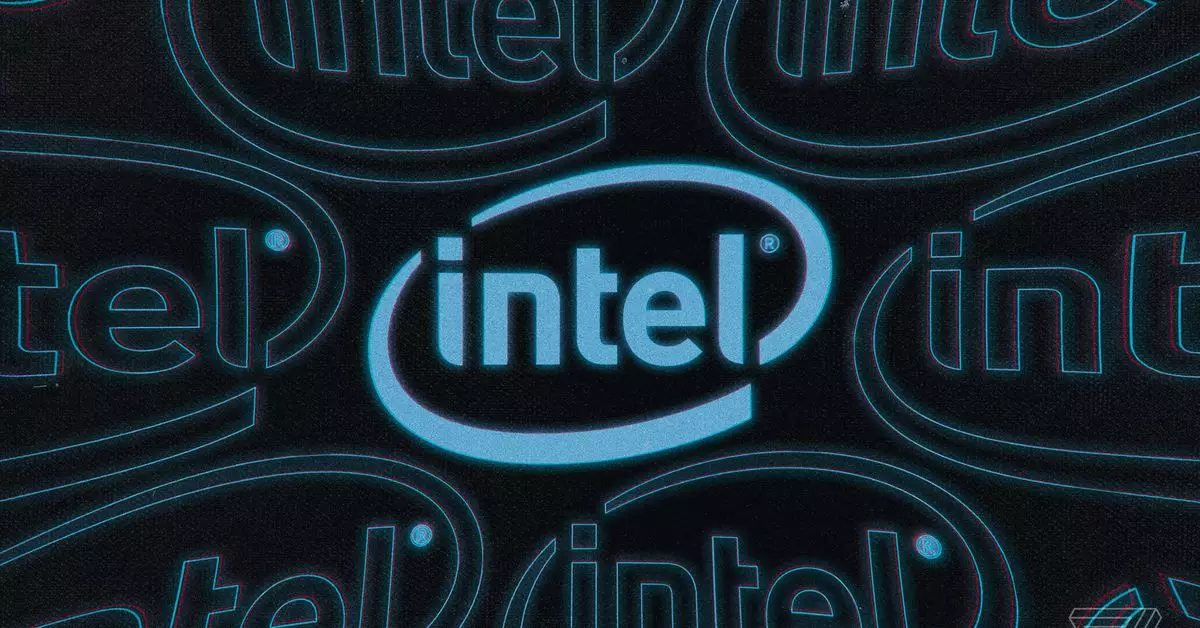Intel’s latest Arrow Lake-based Core Ultra 9 200S-series processors have sparked considerable discussion, particularly among gaming enthusiasts and tech reviewers alike. As the competition between Intel and AMD intensifies, the initial reception of these processors hasn’t been as favorable as Intel might have hoped. Despite promises of enhanced performance, particularly for gaming, the findings reported by various reviewers have left much to be desired.
Initial tests suggest that the Arrow Lake architecture has underperformed relative to both its predecessors, such as the Raptor Lake chips and AMD’s benchmark-setting Ryzen 9800X3D. This inconsistency raises intriguing questions about the state of Intel’s innovation pipeline and their ability to compete in a fast-evolving market. Feedback from reviewers has pointed to inadequate gaming performance, challenging Intel’s claims of new benchmarks for efficiency and speed. Although some results highlight marginal efficiency gains, they pale when juxtaposed against the gaming performance expectations that many users anticipate.
Robert Hallock, Intel’s VP and GM for client AI and technical marketing, has openly acknowledged the performance disparity while appearing optimistic about future updates. Hallock emphasized that the company is aware of the performance challenges and is actively investigating the underlying causes. He assured users that, while the foundations of the Arrow Lake chips are robust, various factors may be leading to unexpected performance issues. Importantly, he reiterated that any deficiencies in the chip’s performance rest solely with Intel — absolving external influences like Microsoft from blame.
As the tech community awaits further clarification, Hallock indicated that a comprehensive update from Intel is anticipated by the end of November or early December. This announcement could provide critical insights into the company’s plans to address existing issues and potentially enhance the Arrow Lake processors’ operational capabilities.
In a marketplace that increasingly prioritizes gaming performance, Intel faces an uphill battle against AMD’s robust offerings. The inconsistency in benchmarking results highlights a pivotal moment for Intel. Failure to effectively address these challenges could risk alienating a loyal consumer base that might be tempted to shift allegiance to AMD, especially when the competition is as fierce as it is today.
While Intel’s commitment to resolving the issues with Arrow Lake processors is commendable, the performance discrepancies reported by early reviews represent a significant hurdle. As gamers and tech enthusiasts closely monitor the situation, only time will reveal whether Intel can successfully pivot from this rocky start to reclaim its leading position in the ever-competitive processor market. The upcoming updates from Intel will be critical in shaping both public perception and the strategic direction of the company’s technological advancements.


Leave a Reply